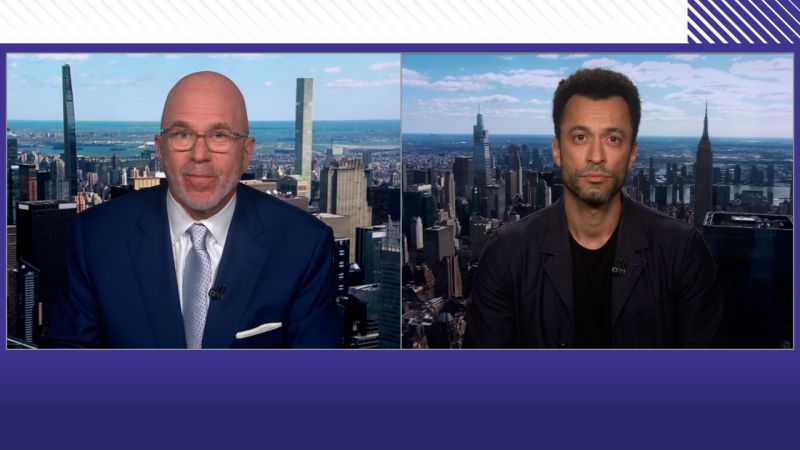In a recent discussion, Atlantic staff writer Thomas Chatterton Williams joined political commentator Michael Smerconish to delve into the complexities surrounding affirmative action. Their conversation primarily focused on Williams’ latest article, titled “Zohran Mamdani reveals the absurdity of affirmative action,” which explores contrasting perspectives on this contentious policy in the United States.
The dialogue highlighted the views of Zohran Mamdani, a New York State Assembly member, known for his provocative stance on social justice and equity. Mamdani argues that the traditional framework of affirmative action may not adequately address systemic inequalities. Instead, he asserts that it often leads to unintended consequences that may perpetuate the very disparities it seeks to rectify.
Challenging Conventional Wisdom
During the interview, Williams emphasized the need for a nuanced understanding of affirmative action, suggesting that blanket policies may overlook individual merit and the diverse experiences of applicants. He articulated concerns that such measures can sometimes create a perception of tokenism, ultimately undermining the goals of diversity and inclusion.
The conversation also touched on the evolution of affirmative action since its inception in the 1960s. Both Williams and Smerconish acknowledged that while the intention behind these policies has been to level the playing field, the practical outcomes have been mixed. Williams pointed out that well-meaning policies can lead to divisive debates about equity and fairness in higher education and employment.
The Broader Impact on Society
Williams’ insights reflect a growing discourse around the effectiveness of affirmative action in contemporary society. He noted that many Americans are beginning to question whether these policies truly serve the intended purpose or if they merely act as a band-aid solution for deeper societal issues.
The discussion serves as a reminder of the complexities inherent in policy-making, particularly in areas as sensitive as race and equality. As the United States grapples with these challenges, the perspectives shared by Williams and Mamdani contribute to an ongoing national conversation about how best to achieve a fair and equitable society.
In summary, the exchange between Williams and Smerconish sheds light on the provocative arguments surrounding affirmative action, encouraging listeners to reflect critically on the principles of equality and justice. As this issue continues to evolve, the insights from such discussions will remain relevant in shaping the future of social policy in the United States.





































































